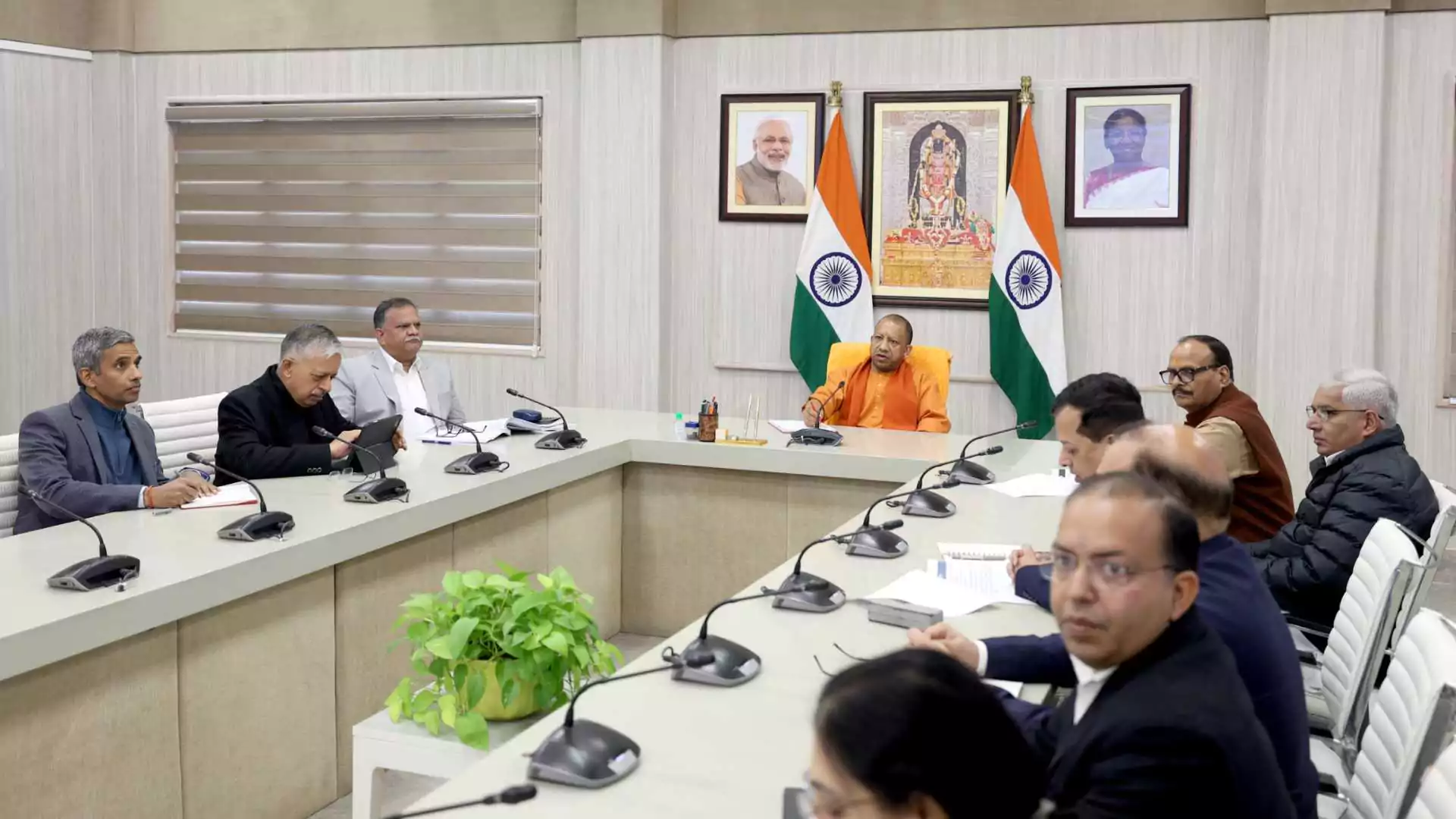Austria’s Chancellor Karl Nehammer announced his resignation on 5 January, 2025, following the collapse of coalition talks aimed at forming a government without involving the far-right Freedom Party (FPO). The ÖVP appointed Christian Stocker, its Secretary-General, as interim leader.
Nehammer Quits
Chancellor Karl Nehammer has led the ÖVP and served as Austria’s chancellor since 2021.
Talks with the Social Democrats (SPÖ) and the liberal NEOS party broke down after both smaller parties pulled out of discussions over policy disagreements, including how to address the country’s budget deficit.
The inability to form a centrist coalition leaves Austria at a crossroads, with few paths to avoid involving the far-right FPO, which has seen surging support since its first-place finish in the September parliamentary elections.
In a brief statement after the ÖVP’s crisis meeting, Nehammer said, “Important and correct decisions have been made.”
Nehammer has navigated Austria through political instability and the economic fallout of Russia’s invasion of Ukraine. He became the first European leader to visit Moscow after the invasion, meeting Russian President Vladimir Putin in April 2022.
Christian Stocker Named Interim Leader
The ÖVP named Christian Stocker, the party’s Secretary-General, as its interim leader. Stocker, is a lawyer and experienced member of Austria’s parliament.
Known for his crisis management skills, Stocker has frequently defended controversial decisions by the ÖVP in Austrian media.
While Stocker will temporarily lead the party, it remains unclear who will act as chancellor until a new government is formed.
Speculation about former party leader Sebastian Kurz returning to leadership was dismissed, with Austrian media reporting that lesser-known figures like Wolfgang Hattmannsdorfer, Secretary-General of the Chamber of Commerce, may emerge as potential long-term leaders.
Options for Austria’s Political Future
President Alexander Van der Bellen now faces two primary options:
Call a Snap Election: A snap election could further delay the formation of a new government by months. However, polls indicate that support for the eurosceptic and Russia-friendly FPO has grown since September, with the party now holding a commanding lead of over 10 percentage points.
Task the FPO’s Herbert Kickl with Forming a Government: The president could ask FPO leader Herbert Kickl to form a government, marking a major political shift. Kickl’s party, allied with Hungarian Prime Minister Viktor Orbán’s Fidesz party, has long advocated for hardline immigration policies and a eurosceptic agenda.
Both options carry risks. Many view Kickl as a polarizing figure, with Nehammer previously labeling him a “conspiracy theorist” and a “security risk.” However, the growing popularity of the FPO makes their inclusion in government increasingly difficult to avoid.
Collapse of Coalition: How did it happened?
The collapse of coalition talks follows months of political instability. After the FPO won the September election with 29% of the vote, the ÖVP, SPÖ, and NEOS attempted to form a three-party centrist coalition to exclude the FPO. These talks fell apart quickly, with NEOS officially pulling out on Friday.
By Saturday, the remaining ÖVP-SPÖ talks also collapsed, with negotiators unable to agree on key fiscal policies, including how to address Austria’s budget deficit.
Governor Markus Wallner of Vorarlberg, one of Austria’s nine provinces and an ÖVP leader, said before Sunday’s crisis meeting, “We must do everything we can now to avoid sliding towards a national crisis.” Wallner expressed opposition to a snap election, citing the lengthy timeline for forming a new government.
FPO’s Growing Influence
The FPO’s influence continues to grow at both state and national levels. The party already governs in coalition with the ÖVP in five of Austria’s nine provinces, including Wallner’s Vorarlberg. However, the dynamics at the national level differ, as the ÖVP risks becoming a junior partner for the first time if it forms a coalition with the FPO.
The two parties share common ground on issues like immigration, but the FPO has accused the ÖVP of stealing its ideas. The last time they governed together, in a coalition led by Sebastian Kurz from 2017 to 2019, the alliance collapsed amid a corruption scandal involving the FPO’s then-leader.
Now, President Van der Bellen is expected to address the nation soon, outlining Austria’s next political steps. Meanwhile, the FPO continues to press its case for leadership, declaring on social media, “Austria needs a Chancellor Kickl now.”
ALSO READ: Giorgia Meloni Meets Donald Trump At Mar-a-Lago Ahead Of Biden’s Visit To Rome



















